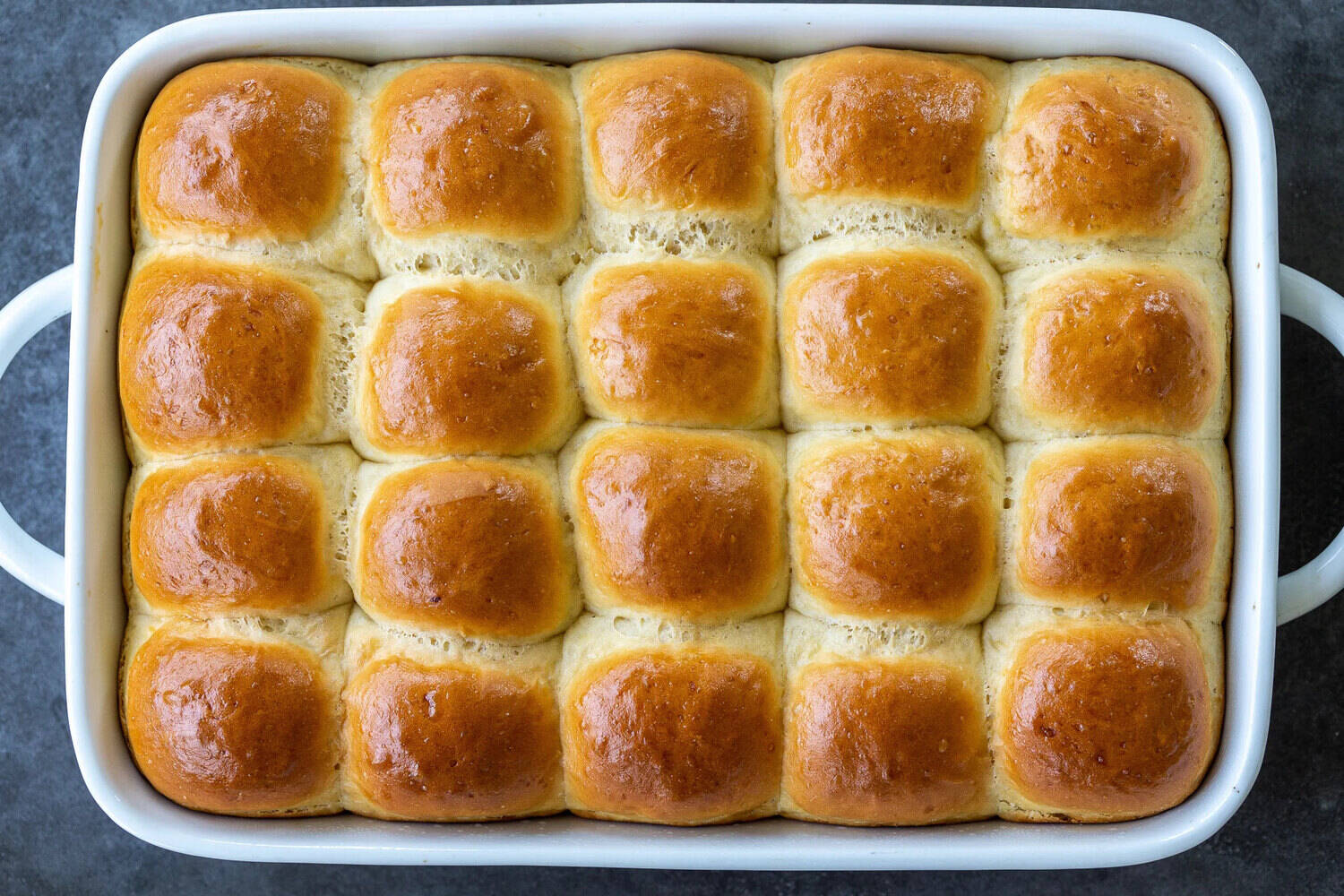

Articles
How To Store Dinner Rolls After Baking
Modified: February 27, 2024
Learn the best tips for storing dinner rolls after baking in this helpful article. Keep your rolls fresh and delicious with these simple storage methods.
(Many of the links in this article redirect to a specific reviewed product. Your purchase of these products through affiliate links helps to generate commission for Storables.com, at no extra cost. Learn more)
Introduction
There’s nothing quite like the aroma of freshly baked dinner rolls wafting through the house. Whether you’ve made them from scratch or picked up a delicious batch from the bakery, you’ll want to make sure you store them properly to maintain their freshness and flavor. In this article, we will explore the best practices for storing dinner rolls after baking, whether you plan to keep them at room temperature, in the refrigerator, or freeze them for future use.
Proper storage not only prolongs the shelf life of your dinner rolls but also ensures that they remain soft and flavorful. The way you store your dinner rolls can make all the difference between enjoying a warm, fluffy roll and biting into a dry, stale one.
So, let’s dive into some handy tips and tricks for storing dinner rolls after baking, ensuring that you can savor their deliciousness for days to come.
Key Takeaways:
- Properly storing dinner rolls is crucial for maintaining their freshness and flavor. From allowing them to cool completely to choosing the right storage container, following these tips ensures your rolls stay soft and delicious for longer.
- Freezing dinner rolls allows you to extend their shelf life for several weeks or even months. Properly wrapping and labeling the rolls before freezing ensures they retain their freshness and taste, ready to be enjoyed whenever you desire.
Read more: How To Store Cookies After Baking
Tips for Storing Dinner Rolls
When it comes to storing dinner rolls, a little bit of care and attention can go a long way in maintaining their freshness and taste. Here are some essential tips to keep in mind:
- Allow the rolls to cool completely: Before storing dinner rolls, it is crucial to let them cool down to room temperature. This allows any residual heat to escape and prevents condensation from forming inside the storage container, which can contribute to moisture buildup and make the rolls go stale faster.
- Choose the right storage container: To keep your dinner rolls fresh, opt for a container that provides an airtight seal. This helps prevent exposure to air, which can cause the rolls to dry out. Consider using a plastic or glass container with a tight-fitting lid. Alternatively, you can use resealable plastic bags.
- Wrap the rolls individually: If you are storing the dinner rolls in a container, it is a good idea to wrap them individually in plastic wrap or foil. This helps to maintain their shape and prevents them from sticking to each other.
- Label and date the container: If you have multiple batches of dinner rolls in the refrigerator or freezer, it is essential to label each container with the date of storage. This allows you to keep track of their freshness and ensures you use the oldest ones first.
- Avoid overcrowding: When storing dinner rolls, make sure there is enough space in the container or freezer bag to prevent them from getting squished or crushed. Overcrowding can lead to misshapen and flattened rolls.
- Keep away from strong odors: Dinner rolls are susceptible to absorbing smells from other foods. To avoid this, store them separately from strong-smelling items like onions, garlic, or highly aromatic dishes.
- Rotate the rolls: If you have stored dinner rolls in the refrigerator or freezer for an extended period, remember to rotate them occasionally. This helps to ensure even distribution of moisture and prevents the rolls from becoming dry or freezer-burned.
By following these simple yet effective tips, you can maximize the shelf life and maintain the quality of your dinner rolls, allowing you to enjoy their amazing flavor for as long as possible.
Storing Dinner Rolls at Room Temperature
Storing dinner rolls at room temperature is ideal if you plan to consume them within a day or two. Follow these steps to ensure your rolls stay fresh:
- Place the rolls in an airtight container: After the dinner rolls have cooled completely, transfer them to an airtight container, such as a plastic or glass container with a tight-fitting lid. This helps to keep the rolls protected from air exposure, which can cause them to dry out.
- Store in a cool, dry place: Find a cool spot in your kitchen away from direct sunlight and humidity to store the rolls. Avoid placing them near appliances that generate heat, such as ovens or stoves, as this can cause the rolls to become stale or moldy.
- Keep the container sealed: It’s crucial to keep the airtight container sealed at all times to maintain the freshness of the dinner rolls. Only open it when you are ready to enjoy a roll, and then promptly close it again to preserve the rest.
- Check for freshness: Before consuming the dinner rolls, always check for freshness. Look for any signs of mold, discoloration, or an off-putting smell. If any of these are present, discard the roll.
By following these steps, your dinner rolls can stay soft, moist, and delicious for a day or two at room temperature. However, if you don’t plan to consume them within that time frame, it is best to consider refrigerating or freezing them to extend their shelf life.
Storing Dinner Rolls in the Refrigerator
If you need to store dinner rolls for a longer period, the refrigerator is a great option. It helps to slow down the staling process and keep the rolls fresh. Follow these steps to store dinner rolls in the refrigerator:
- Allow the rolls to cool completely: As mentioned earlier, it’s important to let the dinner rolls cool down to room temperature before refrigerating them. This prevents condensation from forming inside the storage container, which can make the rolls go stale faster.
- Wrap the rolls individually: To maintain the shape and freshness of the rolls, wrap each one individually in plastic wrap or foil. This prevents them from sticking to each other and also helps to retain moisture.
- Place the wrapped rolls in an airtight container: After wrapping the dinner rolls, transfer them to an airtight container, such as a plastic or glass container with a tight-fitting lid. Alternatively, you can use resealable plastic bags. This helps to protect the rolls from picking up odors from other foods and maintains their freshness.
- Store in the refrigerator: Find a designated spot in your refrigerator to store the container of dinner rolls. Make sure to place them away from items that produce strong odors, as dinner rolls can easily absorb those smells. The temperature of the refrigerator should be set to around 40°F (4°C) to ensure optimal freshness.
- Check for freshness: When you’re ready to enjoy a dinner roll, remove it from the refrigerator, unwrap it, and check for freshness. If the roll appears stale, dry, or has any signs of mold, it’s best to discard it.
By following these steps, you can store dinner rolls in the refrigerator for up to 3-4 days while maintaining their freshness. Just remember to wrap them individually and keep them in an airtight container to prevent them from drying out.
After baking, allow the dinner rolls to cool completely. Then, store them in an airtight container or resealable plastic bag at room temperature for up to 2-3 days. For longer storage, freeze the rolls in a freezer-safe container for up to 2-3 months.
Freezing Dinner Rolls
If you have an excess of dinner rolls or want to prepare them in advance, freezing is an excellent option. Freezing allows you to extend the shelf life of the rolls for several weeks or even months. Here’s how you can freeze dinner rolls:
- Cool the rolls completely: Before freezing the dinner rolls, ensure they are completely cooled to room temperature. This helps to prevent condensation from forming, which can result in freezer burn.
- Wrap the rolls individually: For better preservation, wrap each dinner roll individually with plastic wrap or foil. This ensures that each roll stays separate and prevents them from sticking together. You can also use freezer-safe bags or containers if you prefer.
- Label and date the rolls: To keep track of the freezing date and ensure you use the oldest rolls first, it’s essential to label and date the freezer bags or containers.
- Store in the freezer: Place the individually wrapped rolls or freezer bags in the freezer in a spot where they won’t get crushed or squished. Ensure there is enough space around them to allow for proper air circulation.
- Use proper freezer storage: If you plan to store dinner rolls for an extended period, consider using a vacuum sealer to remove as much air as possible, reducing the risk of freezer burn. Alternatively, double wrap the rolls in plastic wrap and place them in a freezer bag to provide extra protection.
- Keep away from strong-smelling foods: Just like when storing at room temperature, it’s important to keep dinner rolls away from strong-smelling foods in the freezer as well. This helps to prevent any transfer of flavors or odors.
By following these steps, you can freeze your dinner rolls with confidence, knowing that they will retain their freshness and taste. Properly frozen dinner rolls can last in the freezer for up to 3-4 months.
Read more: How To Store Brownies After Baking
Thawing Frozen Dinner Rolls
When you’re ready to enjoy your frozen dinner rolls, it’s important to thaw them properly to ensure they are soft and ready to be served. Here are a few methods to thaw frozen dinner rolls:
- Thawing at room temperature: The easiest method is to let the dinner rolls thaw at room temperature. Simply take the desired number of frozen rolls out of the freezer and place them on a plate or baking sheet. Leave them to thaw for 2-3 hours or until they are soft and pliable. This method is ideal if you have enough time to spare.
- Thawing in the refrigerator: For a slower, but more controlled thawing process, you can thaw the frozen dinner rolls in the refrigerator. Transfer the rolls from the freezer to the refrigerator and leave them overnight or for about 6-8 hours. Thawing in the refrigerator helps to maintain their moisture and texture.
- Thawing in the microwave: If you’re short on time, you can use your microwave to thaw the dinner rolls. Place the frozen rolls on a microwave-safe plate and heat them on the defrost setting for short intervals, usually 30 seconds to 1 minute at a time. It’s important to keep a close eye on them and rotate the rolls occasionally during this process to ensure even thawing.
- Thawing in the oven: If you prefer warm dinner rolls straight from the oven, you can also thaw them by using the oven. Preheat the oven to a low temperature (around 200°F/93°C) and place the frozen rolls on a baking sheet. Let them thaw in the oven for approximately 15-20 minutes. This method also helps to slightly warm the rolls, enhancing their taste.
Regardless of the method you choose, make sure to keep an eye on the dinner rolls while thawing to prevent them from overproofing or becoming overly soft. Once the rolls are thawed, you’re ready to move on to reheating them if desired.
Reheating Dinner Rolls
To bring back the warm and comforting taste of freshly baked dinner rolls, you can easily reheat them using a few different methods. Here are some ways to reheat your dinner rolls:
- Oven: Preheat your oven to around 350°F (175°C). Place the dinner rolls on a baking sheet and cover them loosely with foil to prevent them from drying out. Bake for 8-10 minutes or until the rolls are warmed through. This method helps to revive the rolls and gives them a slightly crispy exterior.
- Microwave: If you’re looking for a quick and convenient option, you can use your microwave to reheat dinner rolls. Place the rolls on a microwave-safe plate and cover them with a damp paper towel. Heat them in short increments of about 10-15 seconds, checking them after each interval. Be careful not to overheat them, as they can become rubbery.
- Steam: Another method to reheat dinner rolls is to use steam. Bring a pot of water to a simmer and place a steamer basket or colander on top. Place the rolls in the basket or colander, cover them with a lid, and steam for about 2-3 minutes. The steam helps to add moisture back into the rolls, making them soft and warm.
- Toaster oven: If you have a toaster oven, it can be a great tool for reheating dinner rolls. Simply place the rolls on the toaster oven rack and toast them at a low temperature for a few minutes. Keep an eye on them to avoid burning, as toaster ovens tend to heat up quickly.
Remember, the reheating time may vary depending on the size of the dinner rolls and the method used. It’s essential to keep an eye on them to prevent overcooking or drying out.
Once the dinner rolls are reheated, serve them warm and enjoy their delightful taste alongside your favorite meal or as a delicious snack.
Conclusion
Storing dinner rolls properly after baking is essential to maintain their freshness, flavor, and texture. Whether you plan to keep them at room temperature, in the refrigerator, or freeze them for future use, following the right storage techniques ensures that you can enjoy delicious dinner rolls for an extended period of time.
By allowing the dinner rolls to cool completely before storing, using airtight containers or wrapping them individually in plastic wrap, and keeping them in appropriate storage locations, you can preserve their softness and prevent them from drying out or becoming stale. Labeling and dating the storage containers also help you keep track of their freshness.
When it comes to thawing frozen dinner rolls, you have options like thawing them at room temperature, in the refrigerator, in the microwave, or using the oven. Each method has its own benefits, allowing you to choose the one that suits your time and preferences.
Lastly, reheating dinner rolls brings back their warm and fresh-from-the-oven taste. Whether you choose to use the oven, microwave, steam, or a toaster oven, reheating warms up the rolls and revives their delightful flavor.
Remember, proper storage, thawing, and reheating techniques are key to maintaining the quality of dinner rolls. By following these tips, you can enjoy your homemade or store-bought dinner rolls for an extended period, always savoring their deliciousness.
So, next time you bake or buy a batch of dinner rolls, use these storage guidelines to ensure that every roll remains soft, fluffy, and ready to delight your taste buds.
Frequently Asked Questions about How To Store Dinner Rolls After Baking
Was this page helpful?
At Storables.com, we guarantee accurate and reliable information. Our content, validated by Expert Board Contributors, is crafted following stringent Editorial Policies. We're committed to providing you with well-researched, expert-backed insights for all your informational needs.
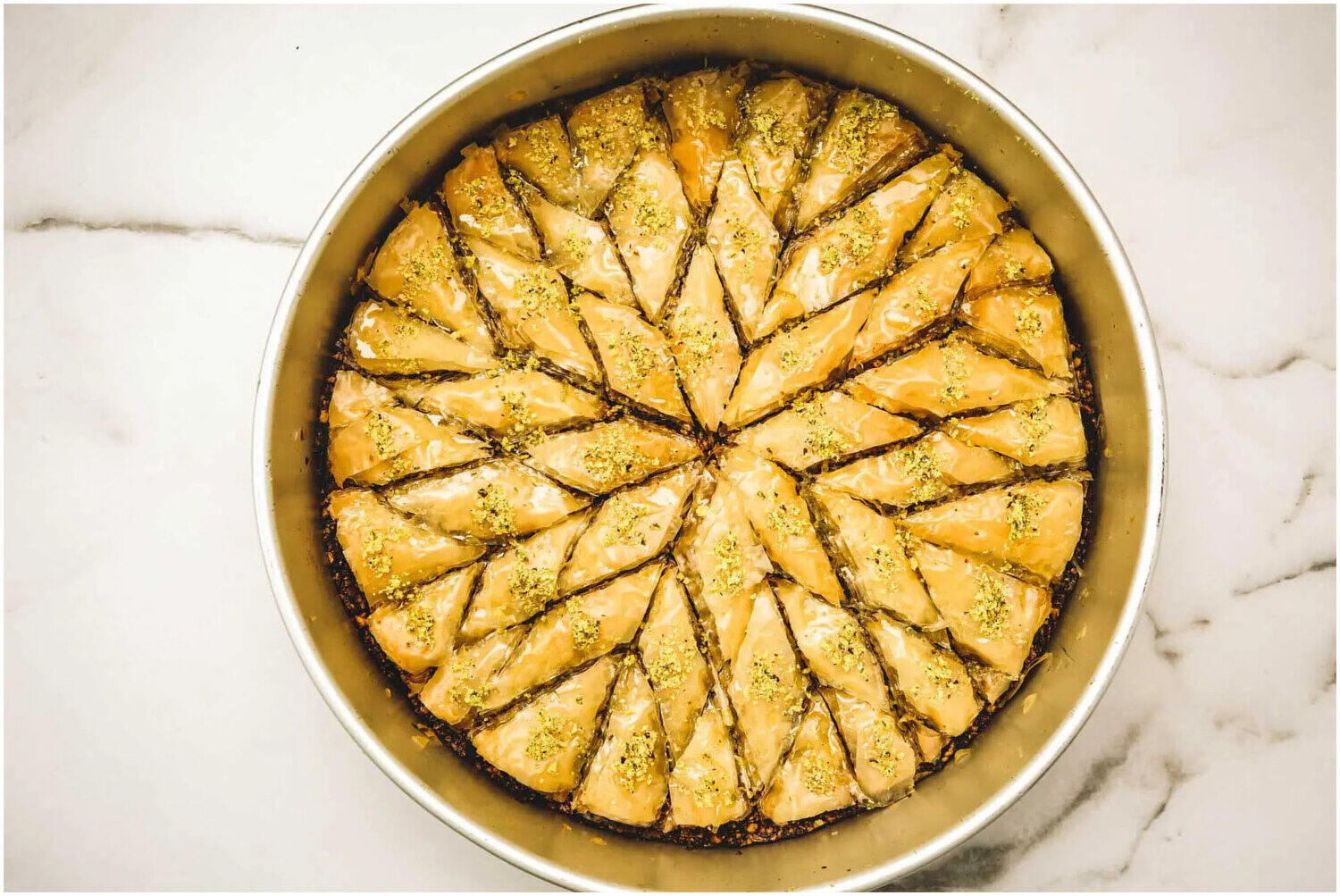
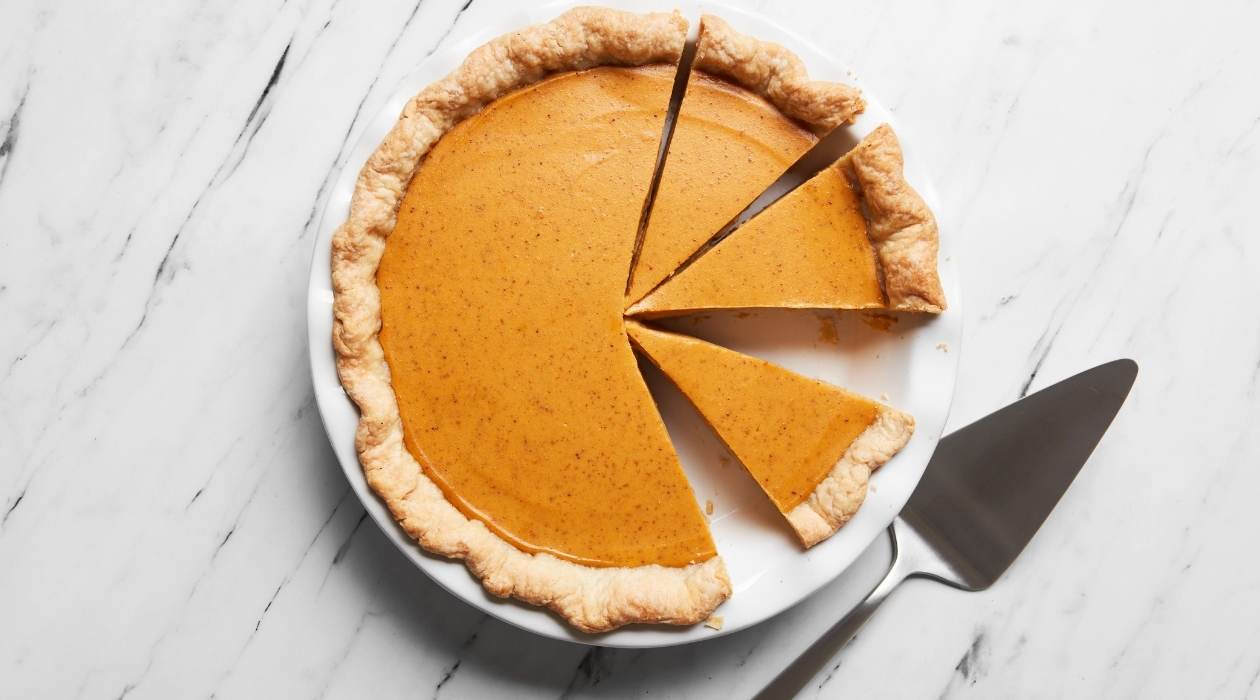
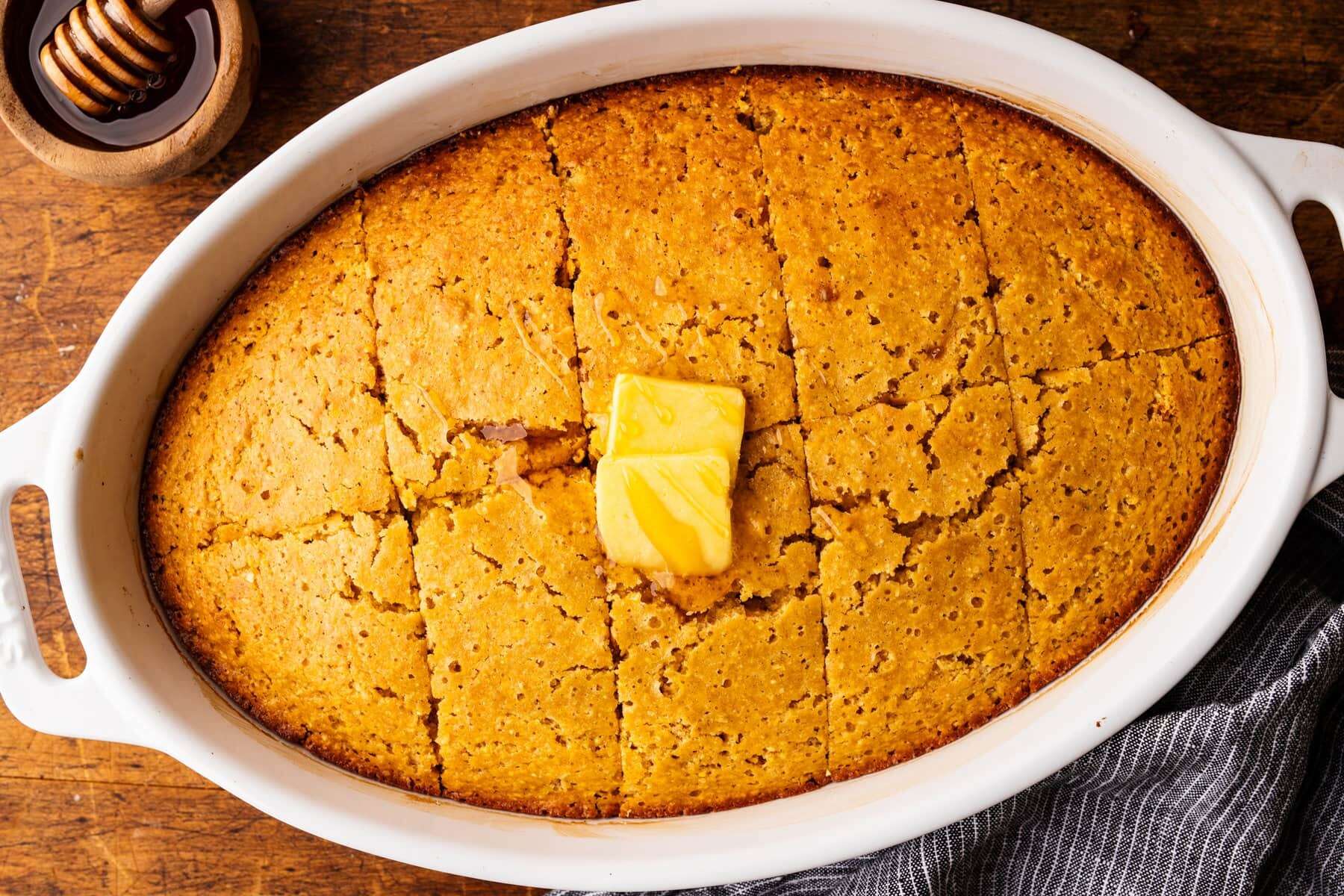
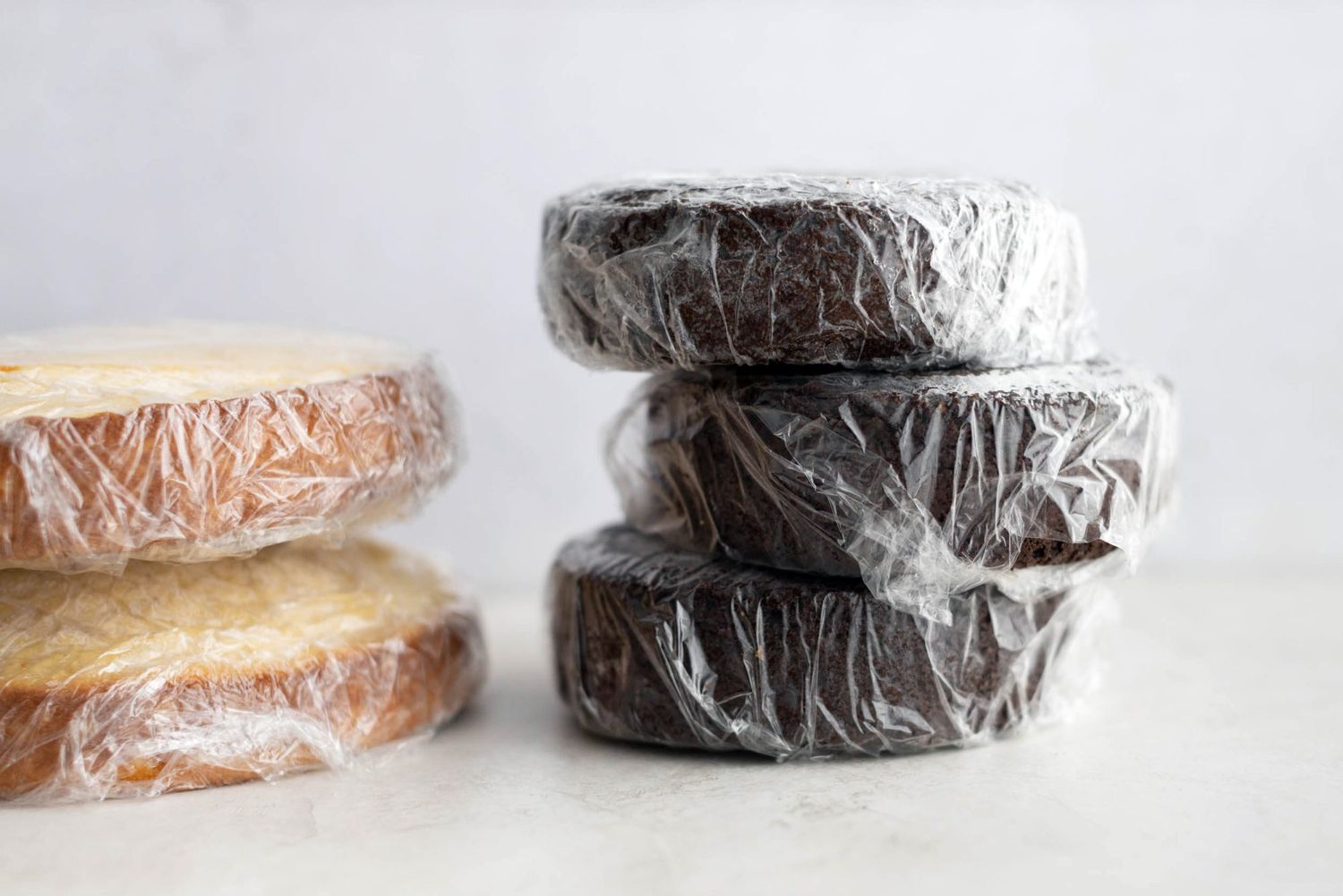

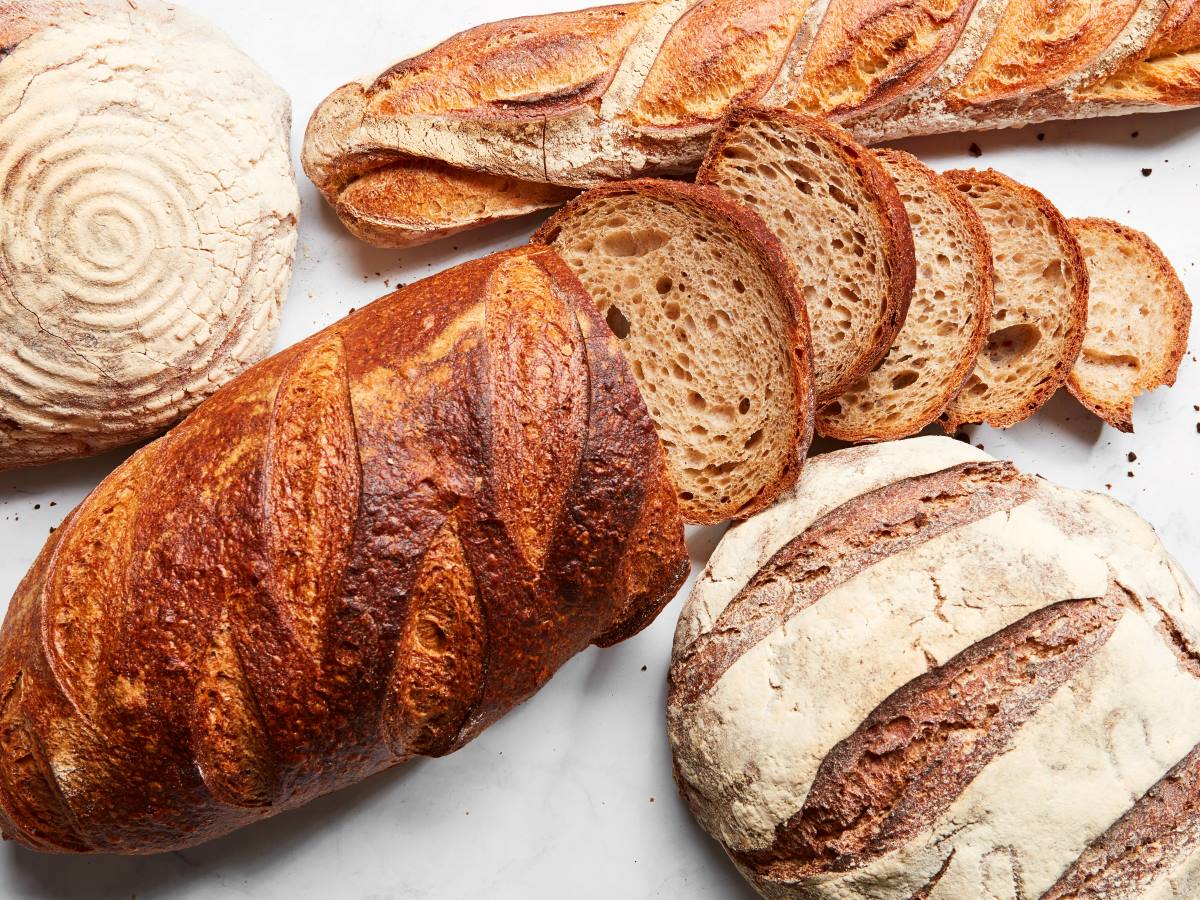
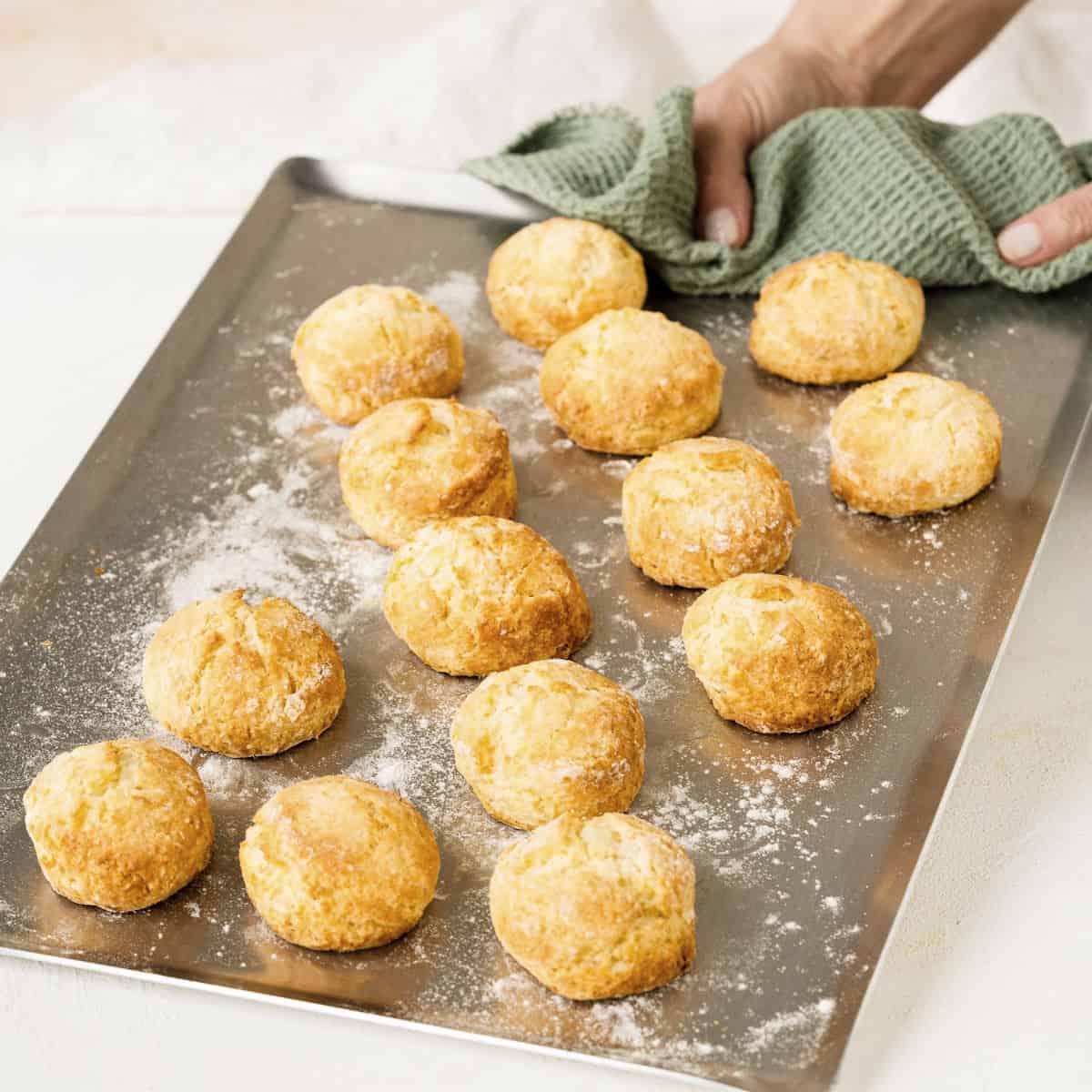
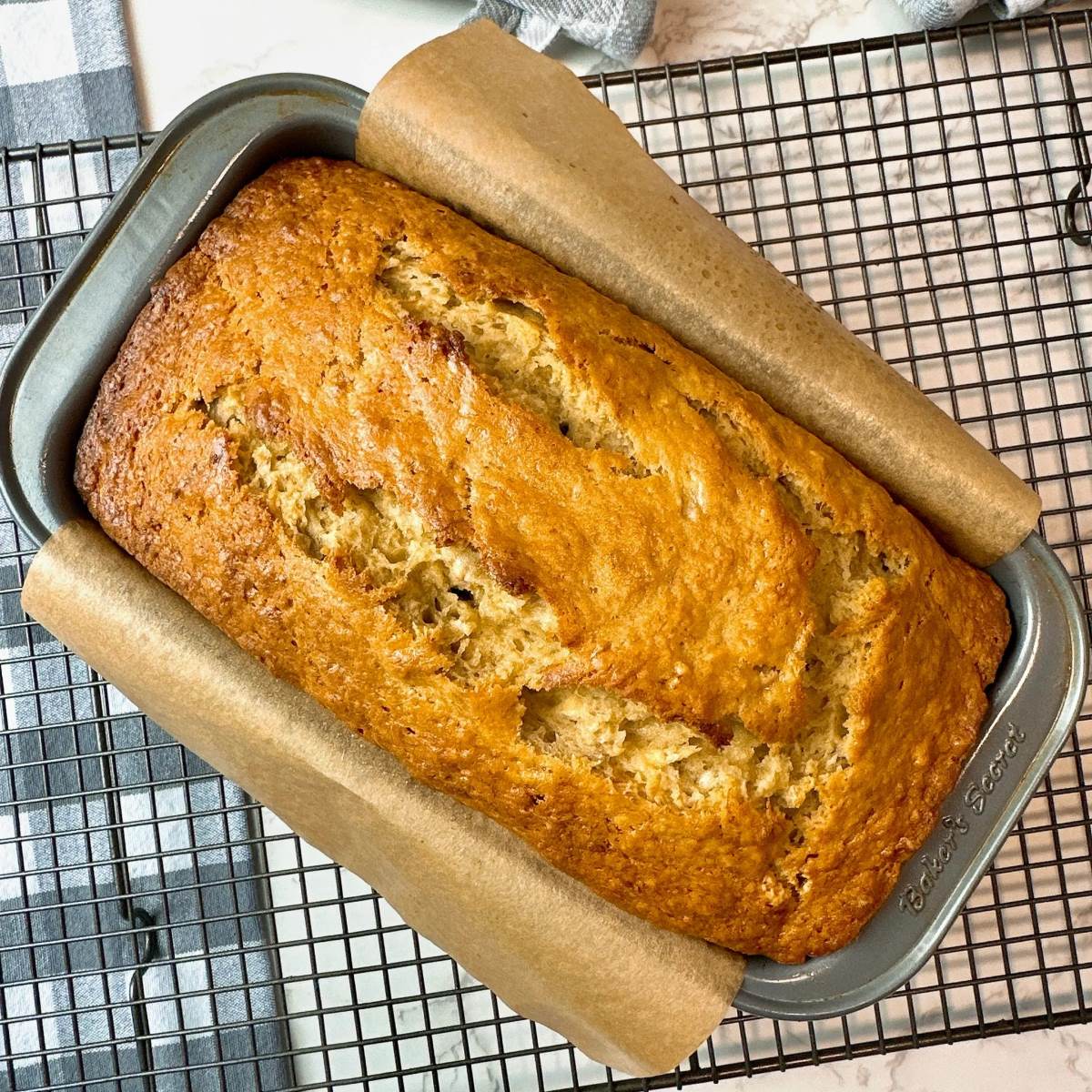


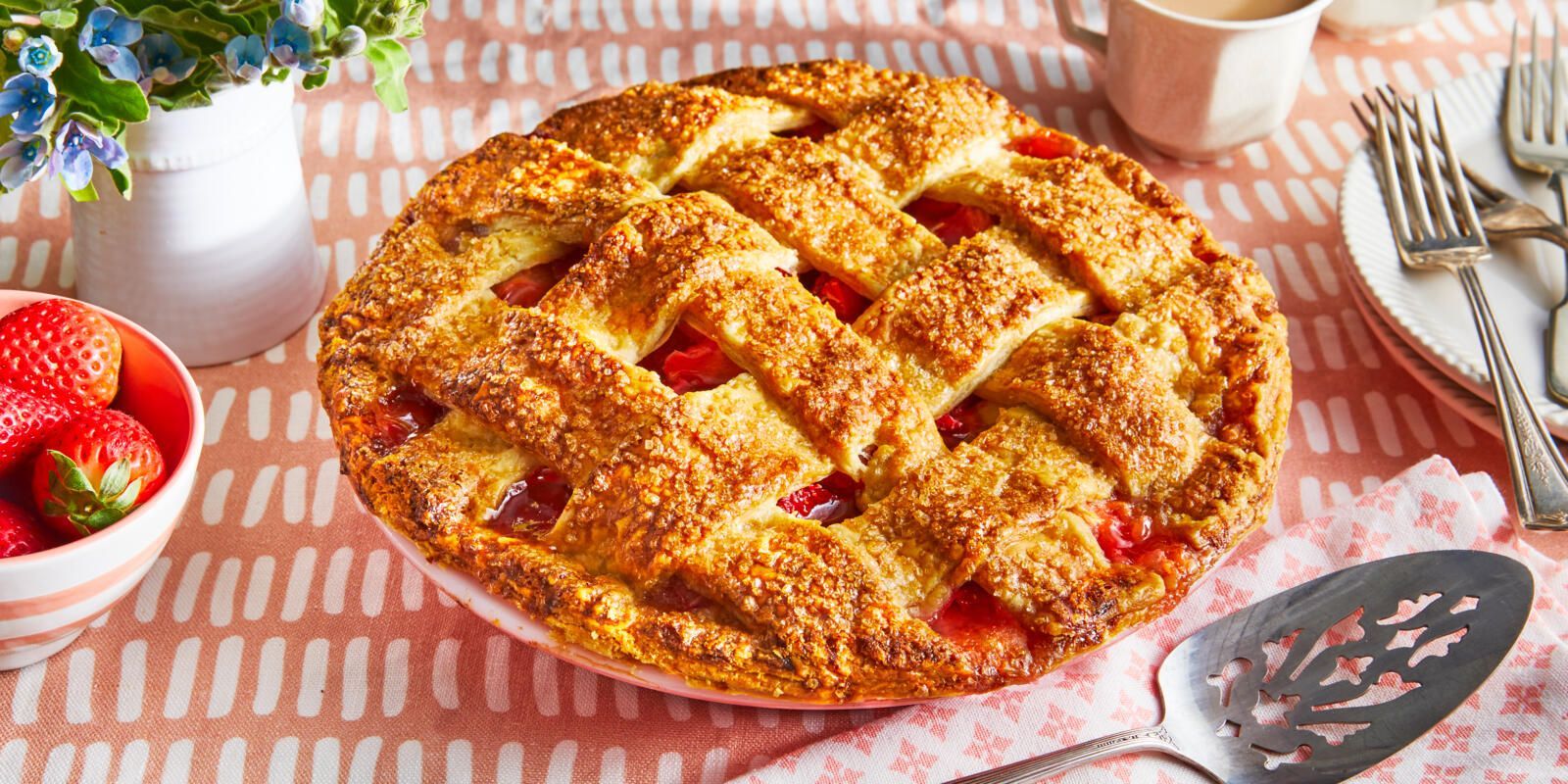
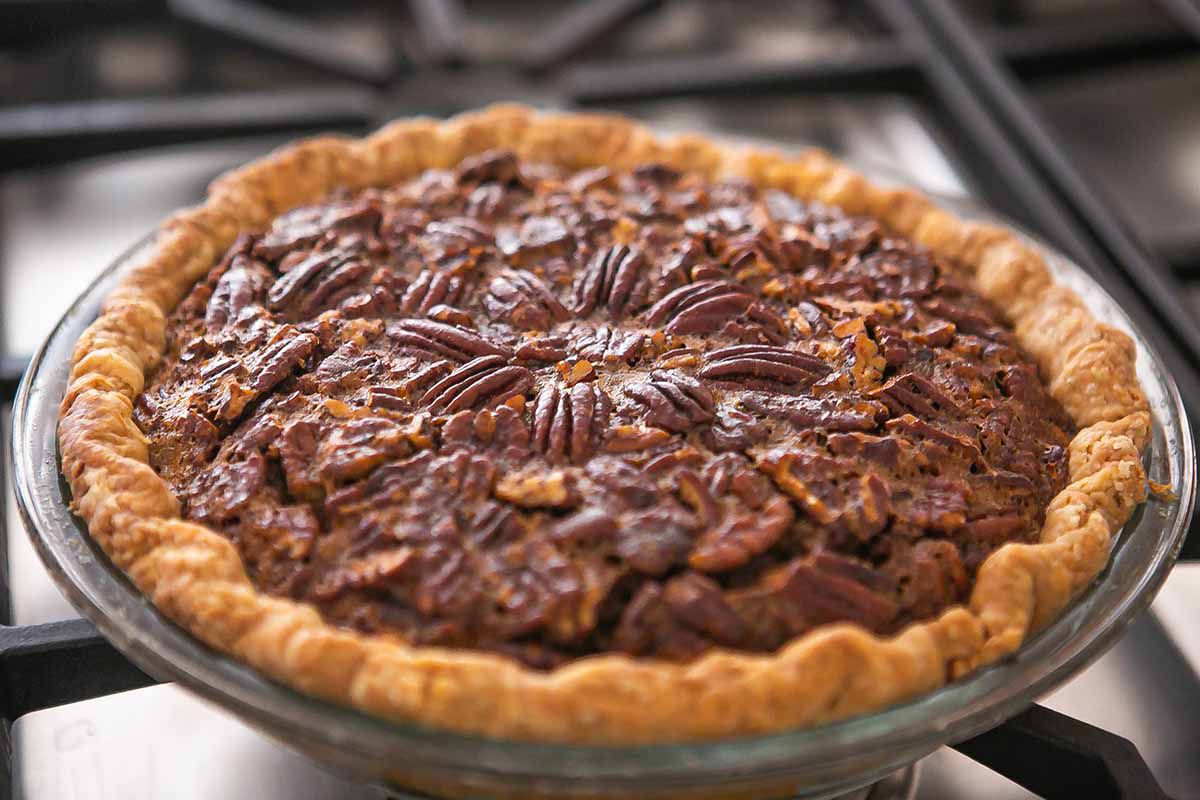
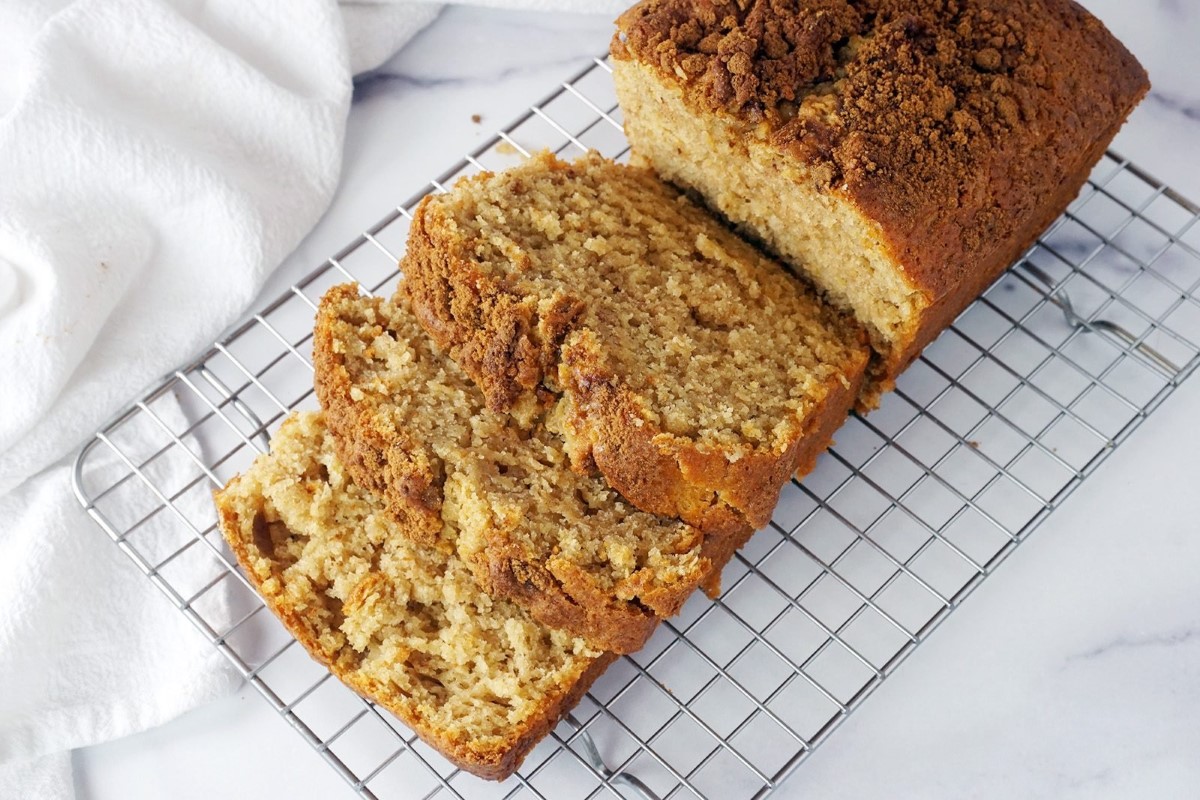
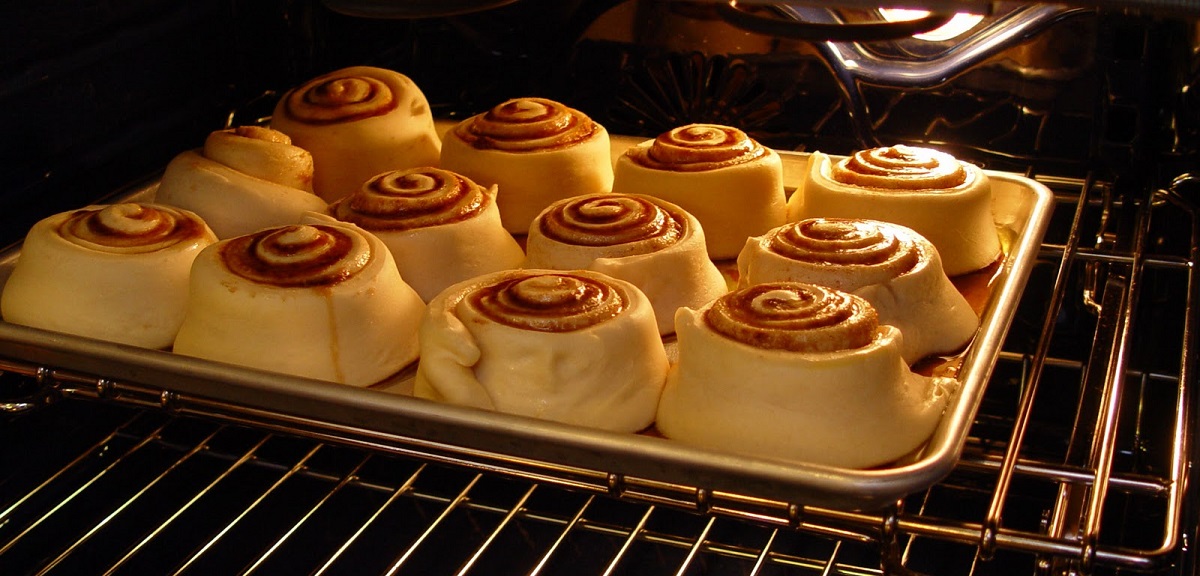

0 thoughts on “How To Store Dinner Rolls After Baking”